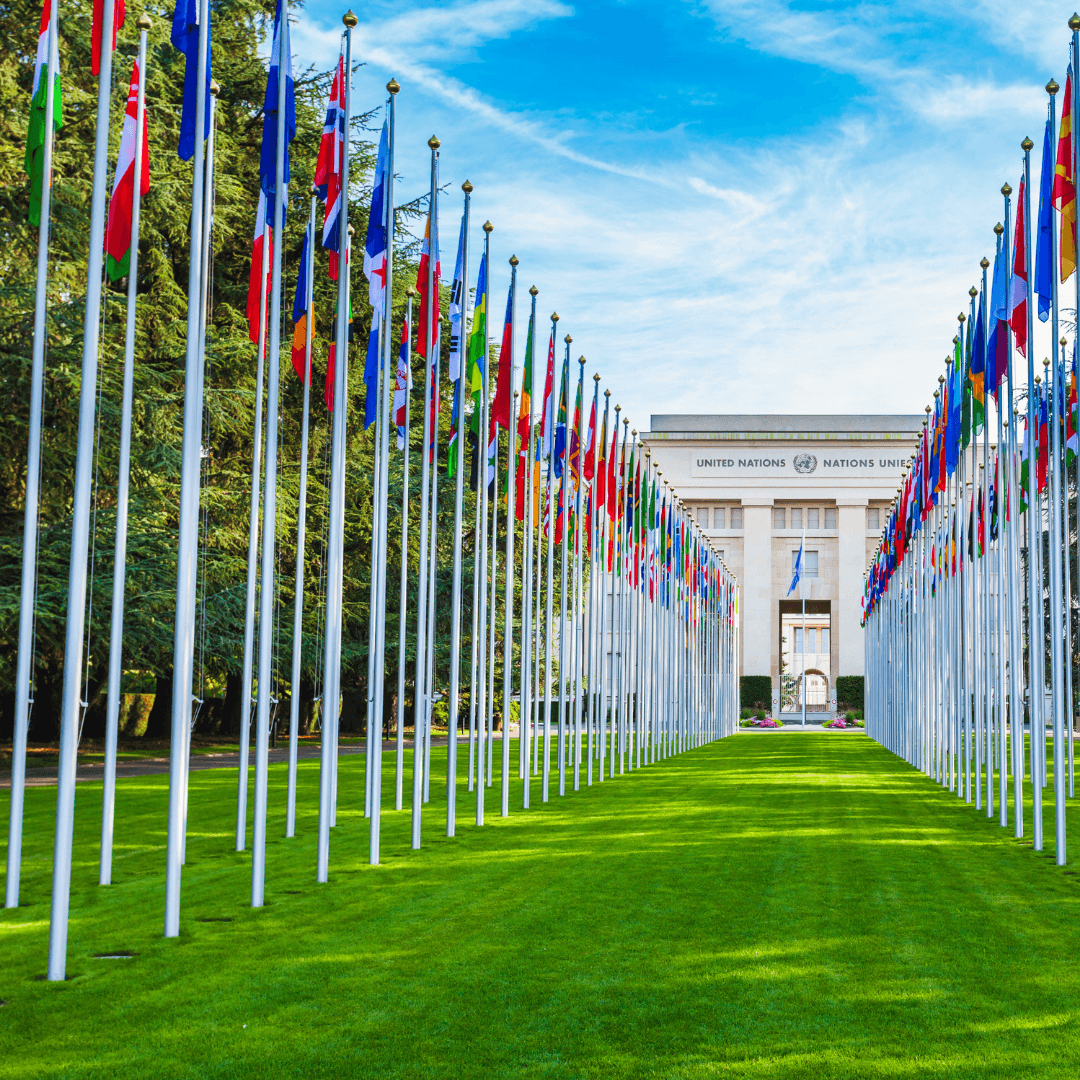
A Tale of Two Wildly Differing UN Treaties
Martin Cullip
November 10, 2021
This week is the start of the United Nations Framework Convention on Climate Change’s (UNFCCC) COP26 meeting with up to 30,000 delegates descending on Glasgow, Scotland, to decide future global policy. There is also another UN-backed meeting taking place next week as the World Health Organization’s Framework Convention on Tobacco Control (FCTC) holds its ninth Conference of the Parties (COP9) online beginning November 8. While similar-sounding, the difference between how the two are conducted could not be more distinct.
At COP26, the public are encouraged to get involved and much of the discussion is placed online for the world to see. In fact, 2,500 organizations have been granted observer status and represent a wide variety of interests. Among those recognized as stakeholders in the discussions are academics, environmental and agricultural communities, youth groups, labor unions, public interest groups and businesses including those involved in the coal, oil, gas and automotive industries. It is widely acknowledged by the organizers of COP26 that a complicated challenge such as tackling climate change requires input from a broad range of interested parties to be successful.
In contrast, the WHO’s FCTC Secretariat will administer next week’s COP9 in an entirely different manner. Despite the issue of tobacco use being similarly complex and global, COP9 is firmly closed to the public and shrouded in secrecy. The FCTC has been ratified by 182 nations ranging from rich western powers with ample resources and well-developed government processes to low- and middle-income countries with scant resources to address use of harmful forms of tobacco. With more than a billion current smokers worldwide – a figure which has not changed since the FCTC was formed in 2003 – it has been estimated that more than one billion lives may be lost to smoking by the end of this century.
Despite these alarming numbers, the FCTC refuses to acknowledge harm reduction as a potential solution to some of those tobacco-related deaths. The WHO is beset by paranoia and bans the public and media from attending. Only 21 organizations have been given observer status, all of them aggressively hostile to the potential of innovative reduced risk nicotine products to guide tobacco users to a safer form of nicotine delivery. Absurdly, the primary stakeholders, consumers of nicotine, have seen their applications to observe rejected, while groups like the Tobacco Control Group of Bath University – heavily conflicted by a grant of $20 billion from ideological anti-vaper Michael Bloomberg – are welcomed to the conference with open arms.
Even attempting to register for pre-conference webinars is problematic if you are a member of the public. Participants are banned if they have had any contact with industry “to the 4th degree of consanguinity”, that is, right back to one’s great great-grandparents. Even Interpol is excluded from contributing to COP9 on controlling illicit trade in tobacco products because it, necessarily, has conversations with industry surrounding tobacco shipments.
Transparency and accountability which are founding principles of the UN are completely ignored by the WHO and FCTC Secretariat in a manner that would not be tolerated in any other policy area. While COP26 welcomes innovation and cooperation as key to solving the issues brought about by climate change, COP9 shuns science and progress, retreats into opacity and roundly rejects openness.
In order to tackle global problems, input is necessary from a diverse range of commercial, economic, environmental, public and private interests. COP26 recognizes this and will be broadcasting its proceedings to the world for two weeks in an earnest effort to make significant steps towards improvement. By contrast, the reactionary organizers of COP9, paid for out of taxpayer funds, remain rooted in the past and prefer to cling to perverse ideology rather than make the world a healthier place for the global public they are supposed to be protecting.
Martin Cullip is the International Fellow at The Taxpayers Protection Alliance’s Consumer Center and is based in South London, UK.
